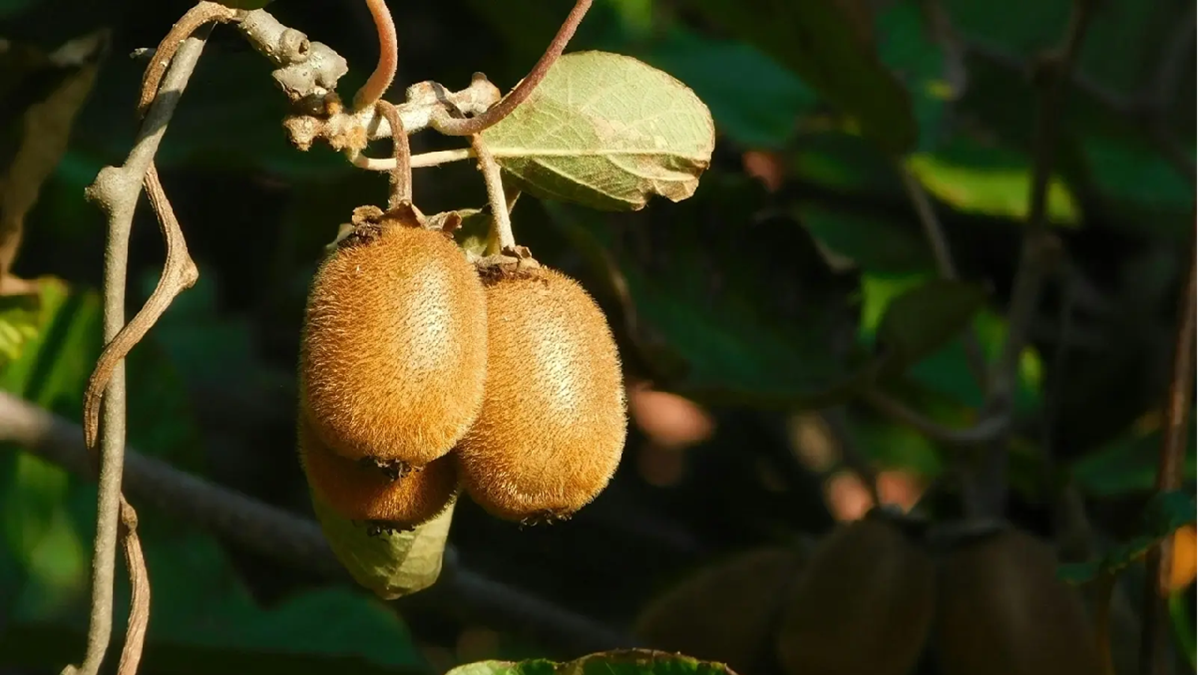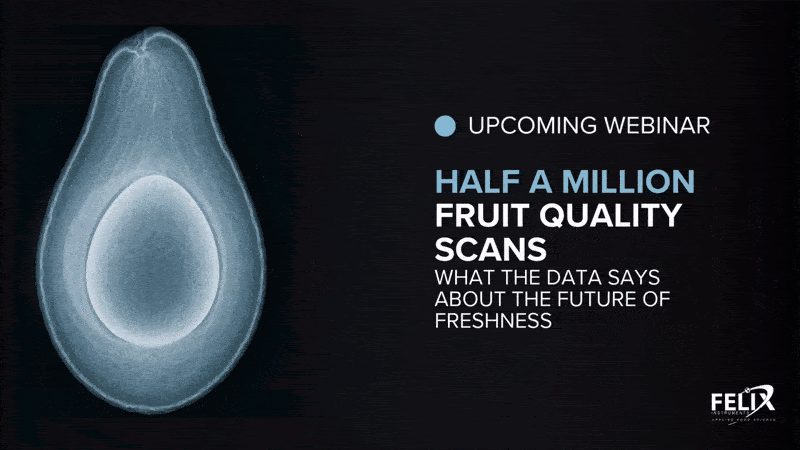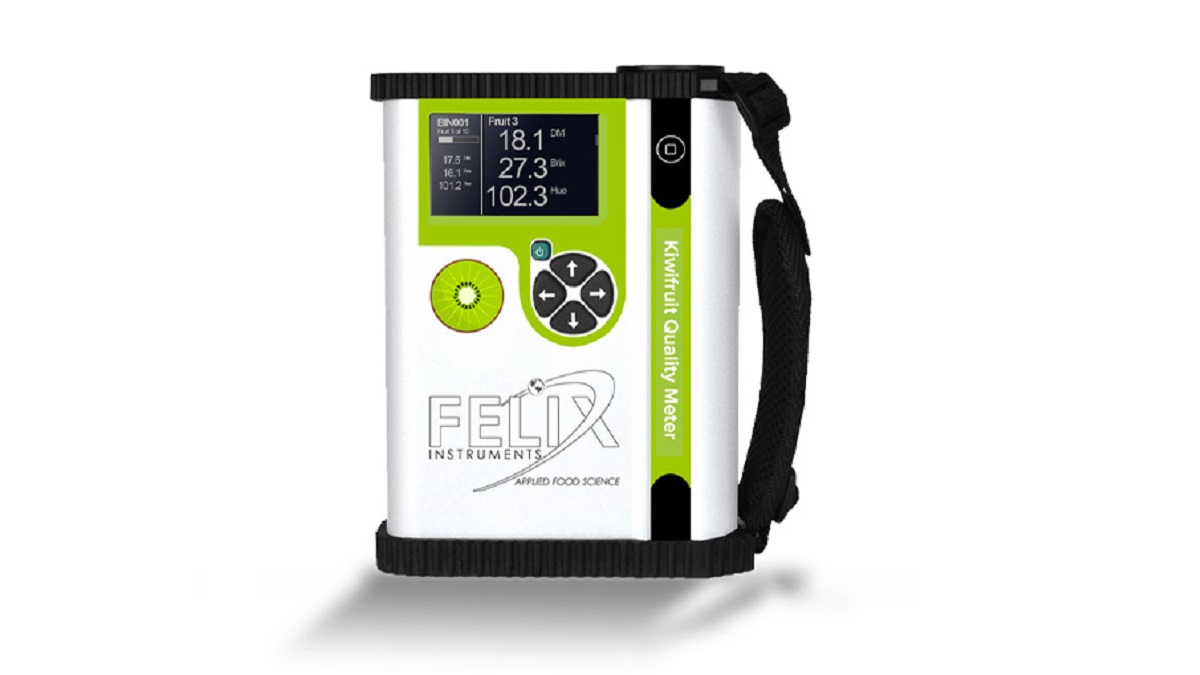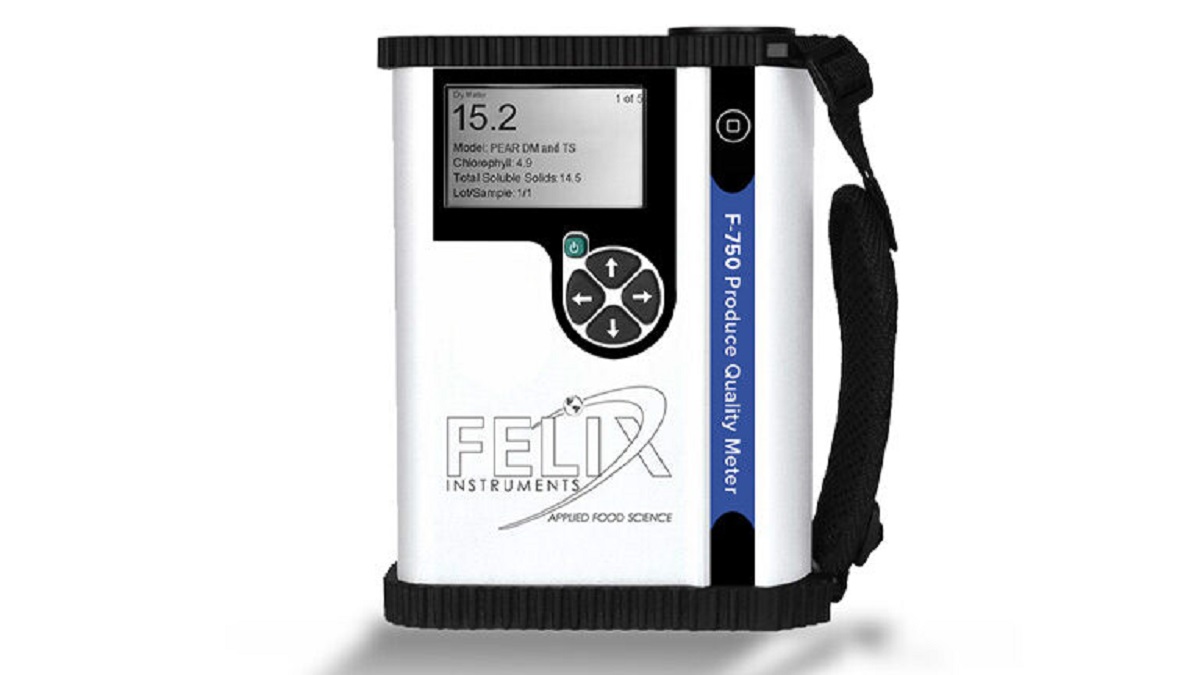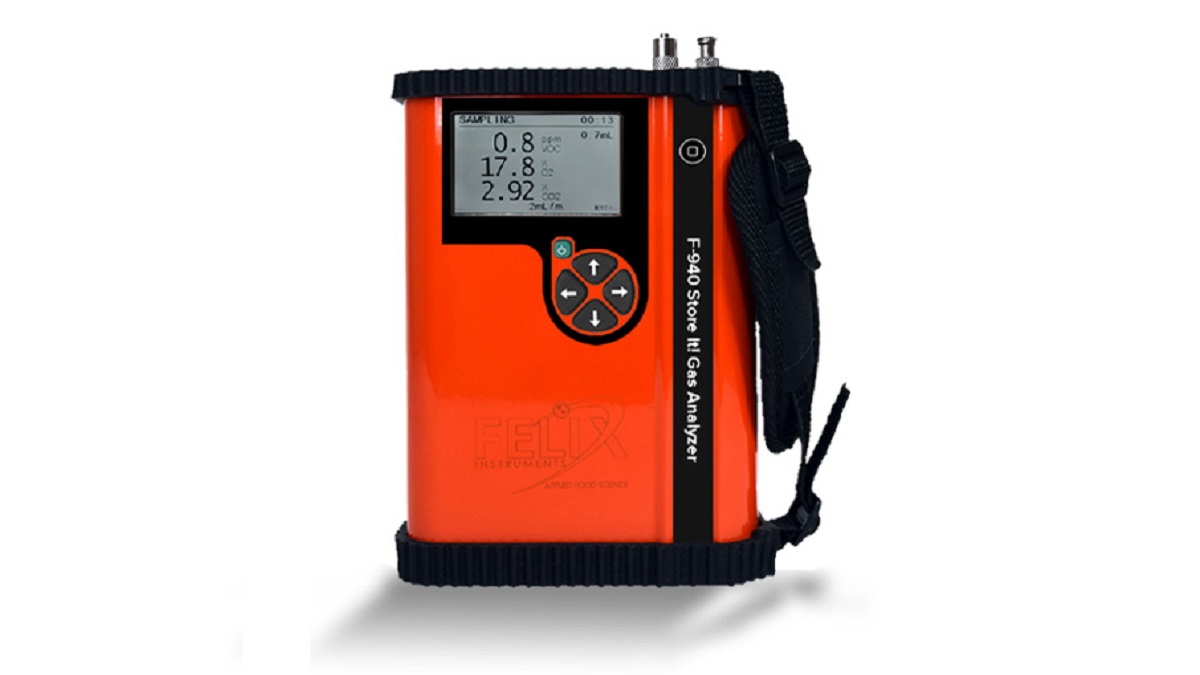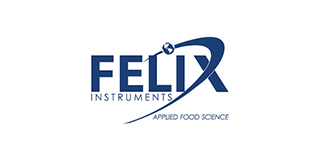

Felix Instruments
Measurements
Optimizing Postharvest Quality of Leafy Greens with NIR Spectroscopy
Advancing Postharvest Science with Felix Instruments: A Spotlight on Dr. Karin Albornoz
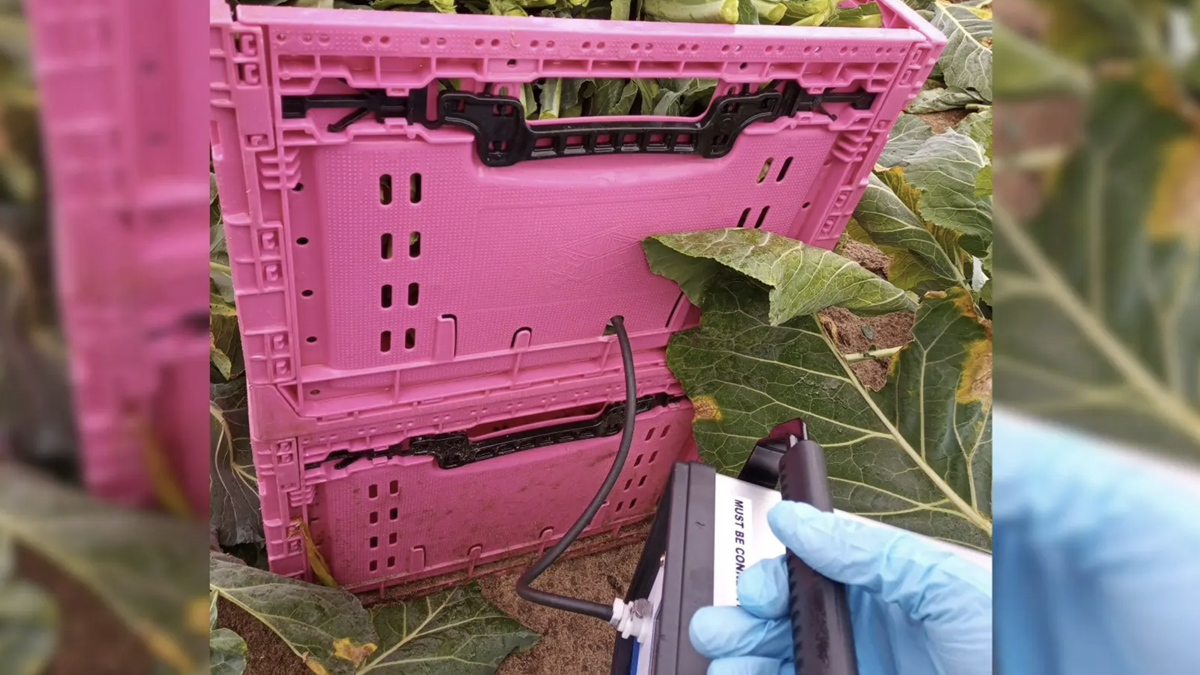
Dr. Karin Albornoz, a distinguished postharvest biologist at Clemson University, is dedicated to enhancing the quality and shelf-life of fruits and vegetables. Her expertise spans agronomy, biotechnology, and molecular biology, making her a leader in understanding the biological processes that influence postharvest performance. With a passion for innovation, Dr. Albornoz leverages advanced tools, such as the Felix Instruments F-900 Ethylene Analyzer, to address challenges in handling, storage, and transportation of produce.
This article delves into her groundbreaking research, the role of Felix Instruments in her work, and the broader impact of her findings.
The Role of the F-900 Ethylene Analyzer
Central to Dr. Albornoz’s research is the Felix Instruments F-900 Ethylene Analyzer, a cutting-edge device designed to measure ethylene levels—a key indicator of plant stress and ripening. Unlike traditional methods such as gas chromatography, the F-900 offers portability, cost-effectiveness, and non-destructive measurement capabilities, enabling real-time analysis in diverse environments.
Dr. Albornoz uses the F-900 to investigate how ethylene levels at harvest correlate with postharvest quality in leafy greens such as kale and collard greens. By measuring ethylene production during harvest and tracking changes in parameters like chlorophyll content and color stability during storage, she has revealed strong correlations between ethylene levels and shelf-life indicators. These findings highlight the potential of the F-900 as a predictive tool for optimizing harvest and storage practices in the produce industry.
Innovative Applications and Industry Impact
The implications of Dr. Albornoz’s research are far-reaching. Her work provides actionable insights for farmers and distributors, helping them make data-driven decisions about harvest timing and storage conditions. By reducing postharvest losses and improving product quality, her research directly addresses critical issues in global food security and sustainability.
Looking ahead, Dr. Albornoz plans to expand her use of advanced tools from Felix Instruments. For instance, the SpectraVue Leaf Spectrometer—another innovative device—could complement her studies by offering detailed insights into leaf composition and health, further refining her approach to postharvest management.
Reflections on Biotechnology and Recommendations
Dr. Albornoz champions the integration of biotechnology and advanced tools in postharvest science. While acknowledging challenges such as consumer acceptance of biotech innovations, she emphasizes their essential role in tackling food losses and waste. Tools like the F-900 enable a multifaceted approach to these global problems, fostering both scientific discovery and practical applications.
For researchers exploring Felix Instruments’ tools, Dr. Albornoz offers valuable advice:
“Take the time to familiarize yourself with the devices and allow them to stabilize before use. Incorporate these tools into a broader research framework to maximize their potential.”
Dr. Karin Albornoz exemplifies the transformative impact of postharvest science. Through her innovative research and strategic use of Felix Instruments, she is driving advancements that benefit farmers, consumers, and the environment. Her dedication to improving the quality and longevity of produce underscores the critical role of postharvest management in enhancing global food security.
As Dr. Albornoz continues her work at Clemson University, her findings pave the way for new technologies and methodologies in agriculture. To learn more about Felix Instruments and their contributions to postharvest research, visit their website and discover the tools shaping the future of agriculture.


